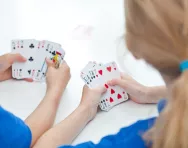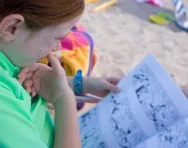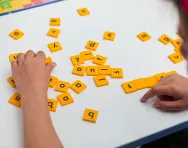Important update from TheSchoolRun
For the past 13 years, TheSchoolRun has been run by a small team of mums working from home, dedicated to providing quality educational resources to primary school parents. Unfortunately, rising supplier costs and falling revenue have made it impossible for us to continue operating, and we’ve had to make the difficult decision to close. The good news: We’ve arranged for another educational provider to take over many of our resources. These will be hosted on a new portal, where the content will be updated and expanded to support your child’s learning.
What this means for subscribers:
- Your subscription is still active, and for now, you can keep using the website as normal — just log in with your usual details to access all our articles and resources*.
- In a few months, all resources will move to the new portal. You’ll continue to have access there until your subscription ends. We’ll send you full details nearer the time.
- As a thank you for your support, we’ll also be sending you 16 primary school eBooks (worth £108.84) to download and keep.
A few changes to be aware of:
- The Learning Journey weekly email has ended, but your child’s plan will still be updated on your dashboard each Monday. Just log in to see the recommended worksheets.
- The 11+ weekly emails have now ended. We sent you all the remaining emails in the series at the end of March — please check your inbox (and spam folder) if you haven’t seen them. You can also follow the full programme here: 11+ Learning Journey.
If you have any questions, please contact us at [email protected]. Thank you for being part of our journey it’s been a privilege to support your family’s learning.
*If you need to reset your password, it will still work as usual. Please check your spam folder if the reset email doesn’t appear in your inbox.
Stop summer brain drain
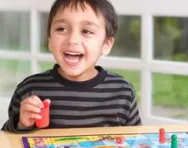
Nobody is denying that children need a break from formal education. However, studies show that they forget up to a third of what they have learned during the summer holidays, so there’s good motivation for parents to keep extending learning outside of the classroom. Try these tricks:
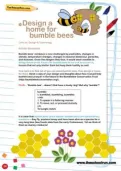
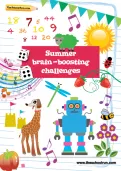
Claim A FREE Summer Brain-Boosting Challenges Pack!
- 30 exciting challenges
- Weird and wonderful facts
- Keep them busy the whole summer holiday!
Visit museums
It’s easy to think of museums as dull, boring places but nowadays many of them offer an element of entertainment for children. Find a few local to you and plan some half-day trips – they offer a great hands-on way to learn about history or science. Older children may enjoy an art gallery, too, and some run events for children.
Lose yourselves in books
Encourage your children to take part in a summer reading challenge. It’s far more satisfying to see your child glued to a book than a computer screen during the holidays.
Invest in screen-time
You’re unlikely to be popular if you ban computer games altogether, so instead why not rent or buy one or two new ones for the holidays? Make sure you select something with educational merit.
Suggest a diary
Encourage your children to keep a diary. This can be written or in the form of pictures or photographs and will help improve literacy, art, memory, and ICT skills.
Make the most of your holiday
Going on holiday can be an educational experience. Encourage your children to read up on the place you are going to. They can help you plan for the holiday, brushing up on their organisational skills as they make lists, pack, plan a route, budget spending money and so on. If you’re not going away, an imaginary holiday can serve the same purpose!
Go day-tripping
Visits to zoos or aquariums are great fun and packed with science-learning opportunities. Similarly, local castles or stately homes can be a three-dimensional history lesson (with a picnic bonus if it’s a nice day).
Encourage creative play
Imaginative play is very important, but it’s something which the rigid structure of school life often struggles to facilitate. This makes the holidays an ideal time for delving into imaginary worlds. A box of dressing-up props can be a great starting place.
Get outdoors
Physical activity helps children develop skills such as concentration, team work and logic which can be transferred to the classroom. If you have a garden, or even a window box, encouraging your child to get busy with a packet of seeds and a trowel for a little science lesson in disguise.
Employ your little helpers
Yes, they’re on holiday, but that doesn’t mean that you have to run around after your children all the time. Get them to help you make a rota of chores. Helping around the house is an educational experience, and if you’re feeling generous you could even pay them, opening up a world of counting and budgeting.
Get board not bored
A family board game can provide all kinds of learning opportunities – counting, strategising, negotiating and turn-taking – as well as providing plenty of laughs. Puzzles are also great ways to enhance those problem-solving abilities and provide a real sense of satisfaction and teamwork once completed. You can purchase a new puzzle or look for one in a charity shop, or even use a free online puzzle maker and upload your own images on a site like I'm A Puzzle.
